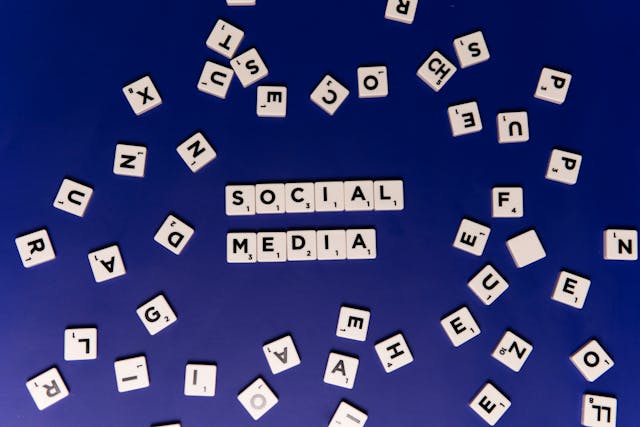
Social media has transformed the entertainment industry by reshaping how content is created, promoted, and consumed. Platforms like Instagram, Twitter, YouTube, and TikTok have broken down barriers, allowing artists, creators, and fans to connect and interact directly. From film releases to live-streamed concerts, social media has become a powerful tool that influences trends, drives engagement, and even determines success in entertainment.
Changing the Way Content is Created
In the past, the entertainment industry was dominated by a few major production houses and studios. However, social media has democratized content creation, providing opportunities for independent artists and creators to produce and share their work without traditional gatekeepers.
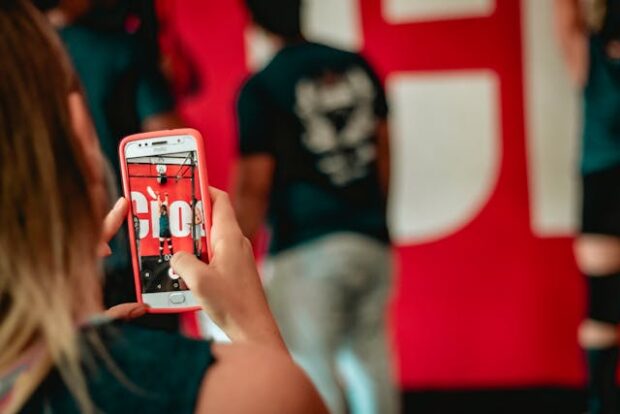
Platforms like YouTube and TikTok have enabled “DIY” entertainment, where anyone with a smartphone can produce high-quality content. For example, many musicians have gained popularity by sharing music on TikTok, creating viral trends that boost their visibility. This shift encourages innovation and gives rise to diverse voices that may not have otherwise gained a platform.
Boosting Audience Engagement
Social media has made it possible for fans to interact with celebrities, actors, musicians, and influencers in real time. This has led to a more engaging, two-way relationship between creators and their audiences. Many celebrities actively use Twitter or Instagram Stories to update their fans, share behind-the-scenes content, and respond to questions, making fans feel more connected to the content they love.
- Example of Engagement: The Netflix series Stranger Things has effectively used Twitter to keep fans engaged by sharing teasers, trailers, and interactive Q&A sessions. The fans’ reactions often create a buzz that amplifies the show’s popularity, driving more views upon release.
Social Media as a Marketing Tool
For entertainment companies, social media is an essential marketing tool. Movie studios, record labels, and streaming platforms use these platforms to promote new releases and reach audiences directly. Influencer marketing has also become integral to entertainment promotion. By partnering with influencers who have established audiences, companies can reach potential fans organically.
To understand the importance of influencer marketing further, check out this guide on influencer marketing.
Shaping Public Opinion and Trends
Social media doesn’t just influence what we consume; it also shapes how we think about entertainment. Platforms like Twitter have become spaces where fans discuss new episodes, releases, and controversies, influencing public perception. Hashtags often amplify these discussions, bringing attention to social and cultural issues within entertainment.
- Example of Trend Influence: A significant number of film and television projects now consider social media trends before development, as seen with platforms like Netflix and Disney+, incorporating feedback from Twitter and Instagram into content decisions.
Live-Streaming and Instant Access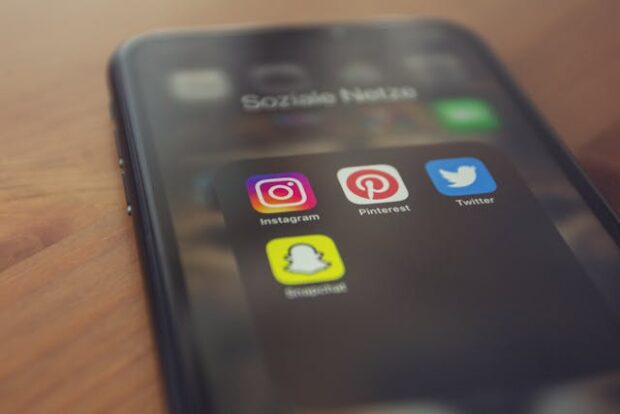
The popularity of live-streaming on social media platforms has changed how entertainment is delivered. Artists can now host live shows, Q&As, and performances, accessible to fans across the globe. This real-time interaction enriches the viewer experience, making it more immediate and personal.
For instance, many musicians now host virtual concerts on platforms like Instagram Live or YouTube Live. Fans enjoy instant access to events they may not otherwise attend, while artists benefit from reaching a larger, global audience.
Challenges and Downsides
While social media has provided numerous benefits, it also presents challenges. Negative comments, cyberbullying, and privacy concerns impact celebrities and creators, who are often under immense scrutiny. The constant need to engage online also creates pressure to consistently produce content, which can lead to burnout for influencers and content creators.
To read more on this topic, check out Cyberbullying on Social Media.
Conclusion
The influence of social media on the entertainment industry is vast, revolutionizing everything from content creation to audience interaction and marketing. As these platforms continue to evolve, so will the way we consume and engage with entertainment, bringing fans and creators closer than ever before.
Read more on Explore
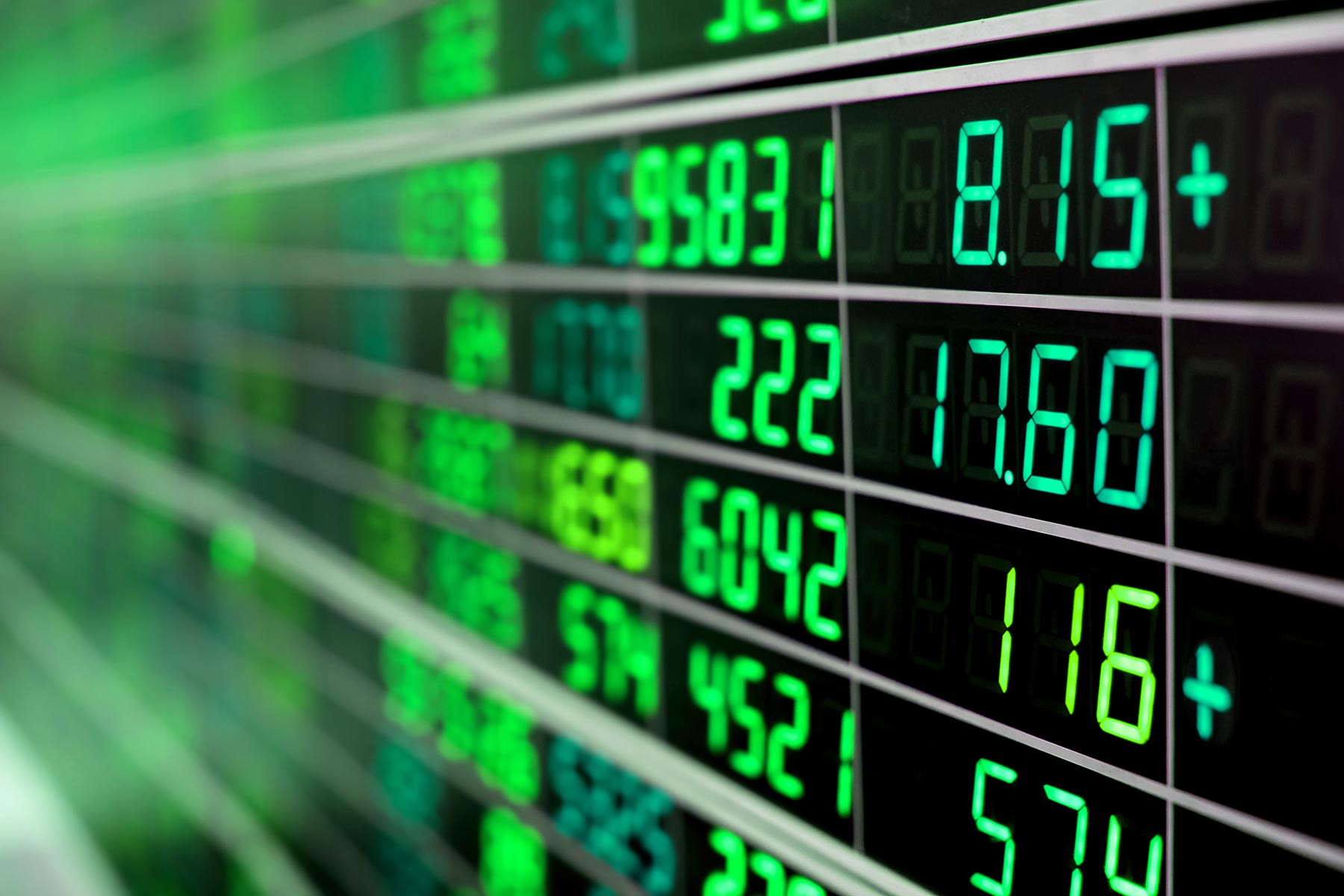



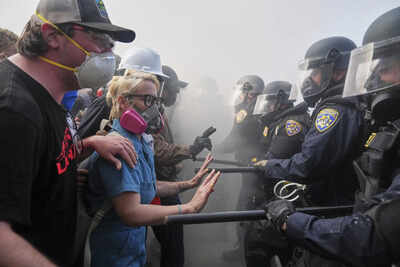
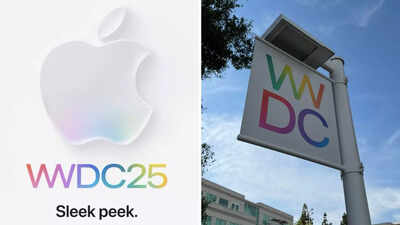



Be the first to leave a comment